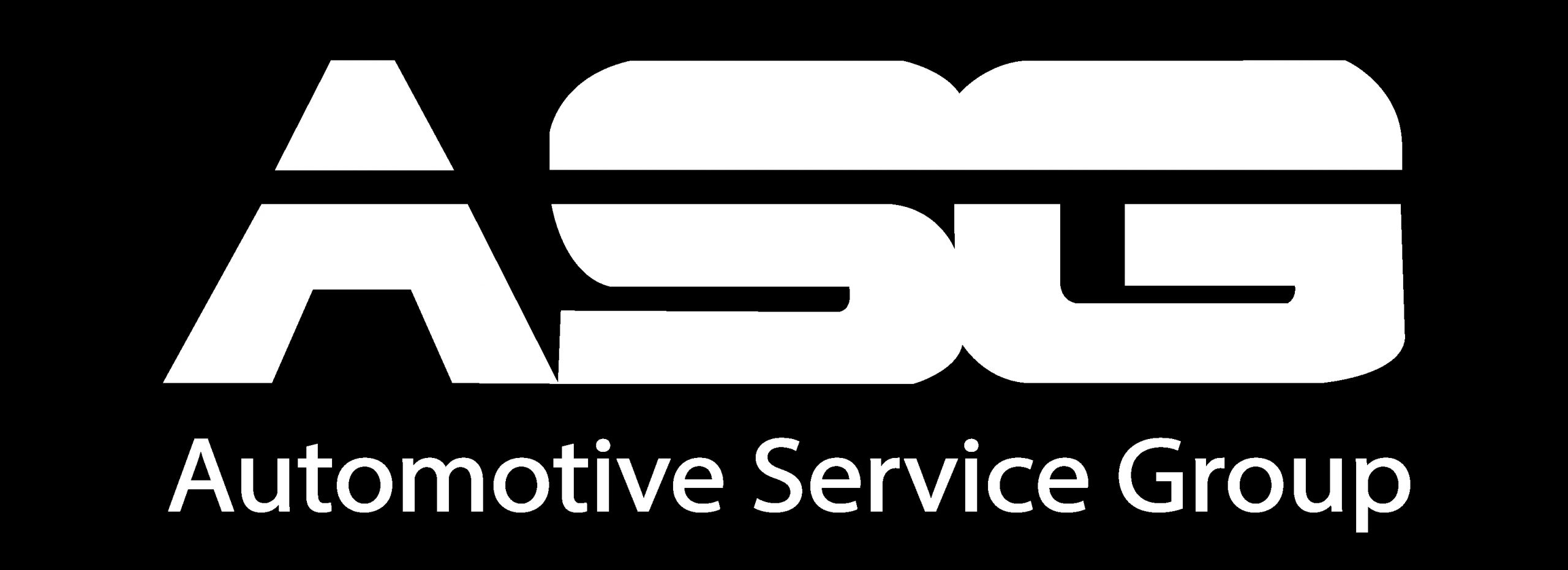Filling your car with gasoline is a simple routine process, but there are some misconceptions and best practices you should keep in mind to make sure you’re taking sufficient care of your engine and fuel system.

Octane Ratings
One myth is that putting a higher octane fuel in your vehicle will grant your engine better fuel efficiency and power, but this isn’t necessarily true and is likely to do more harm than good. Octane ratings at the pump, which range from 87 to 93 and labeled regular to premium at most gas stations, actually don’t dictate the quality of the fuel. Quality varies greatly by area and is generally random. The octane rating is an indication of how easily the fuel detonates under compression. Higher octane fuels can withstand more compression in an engine before detonating and are used in engines designed for performance with higher compression ratios.

If a high octane fuel is used in an engine that is designed for a low octane fuel, some fuel may not be detonated, and unburned fuel can cause engine damage and harm catalytic converters, potentially leading to expensive repairs. Alternatively, if the octane is too low, it can detonate early and cause shockwaves, pushing against the natural four stroke rhythm, potentially leading to knocking and engine damage. The proper octane rating for your vehicle can be found under the fuel door and/or in the owner’s manual and should always be followed to prevent premature wear and damage to your vehicle.

Topping Off
Many people have a habit of “topping off” their fuel after the handle automatically stops when it detects a full tank. Overfilling your tank actually sends excessive fuel into the charcoal canister or carbon filter which is strictly designed for vapor only. When fuel gets into this system, it will affect your vehicle’s performance and could damage the engine meaning hefty repair costs. Gas handles have automatic shut offs to protect your engine from overfilling, so don’t add fuel past that point.

The quarter tank rule
My father always told me not to let the fuel gauge get below a quarter tank, and while letting your tank fall a little below that won’t damage anything, it is a best practice to make sure you will always at least have enough fuel to get to a gas station and keep yourself out of sticky situations. Running out of gas is bad for your car because fuel pumps can burn up if they start sucking up air instead, so this rule ensures your fuel pump stays submerged and healthy, preventing an expensive and time consuming repair.

Fuel Age
Fuel age isn’t something most people need to worry about, but if you have multiple vehicles and leave one sitting for long periods, it could affect you. Fuels have shelf lives before they start to degrade and lose their combustion due to oxidation and evaporation. This ranges from up to a year for diesel, 3-6 months for gasoline, and 1-3 months for organic ethanol fuels. Fuel stabilizer and proper storage can extend these time periods, but be wary of running bad gas in your engine to prevent damage and poor efficiency.


